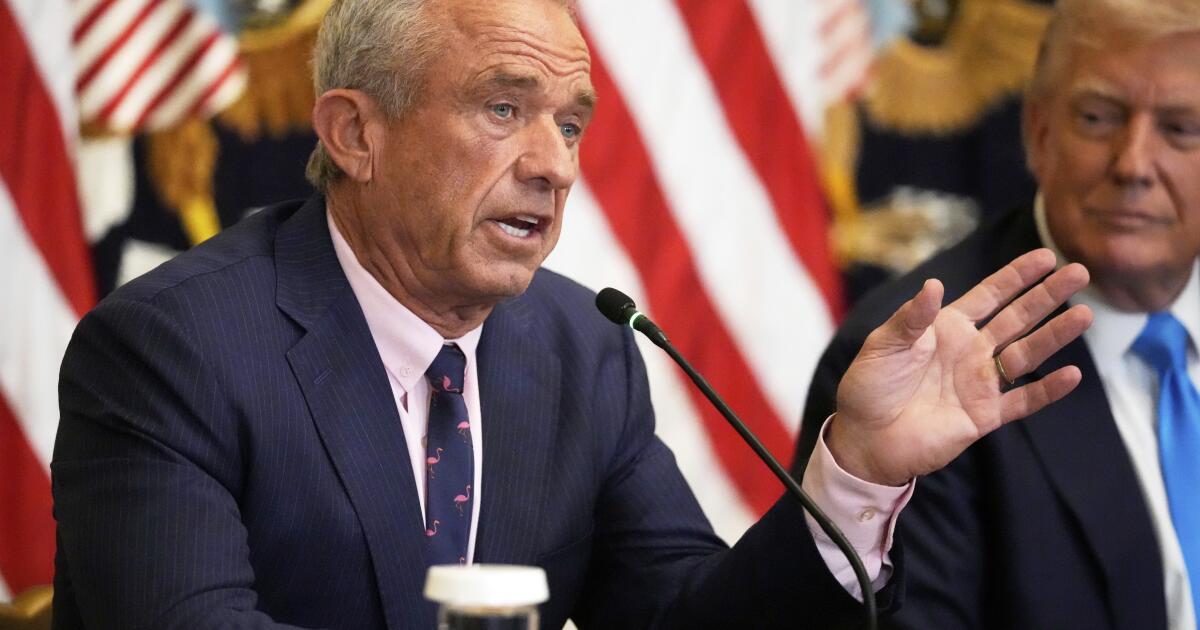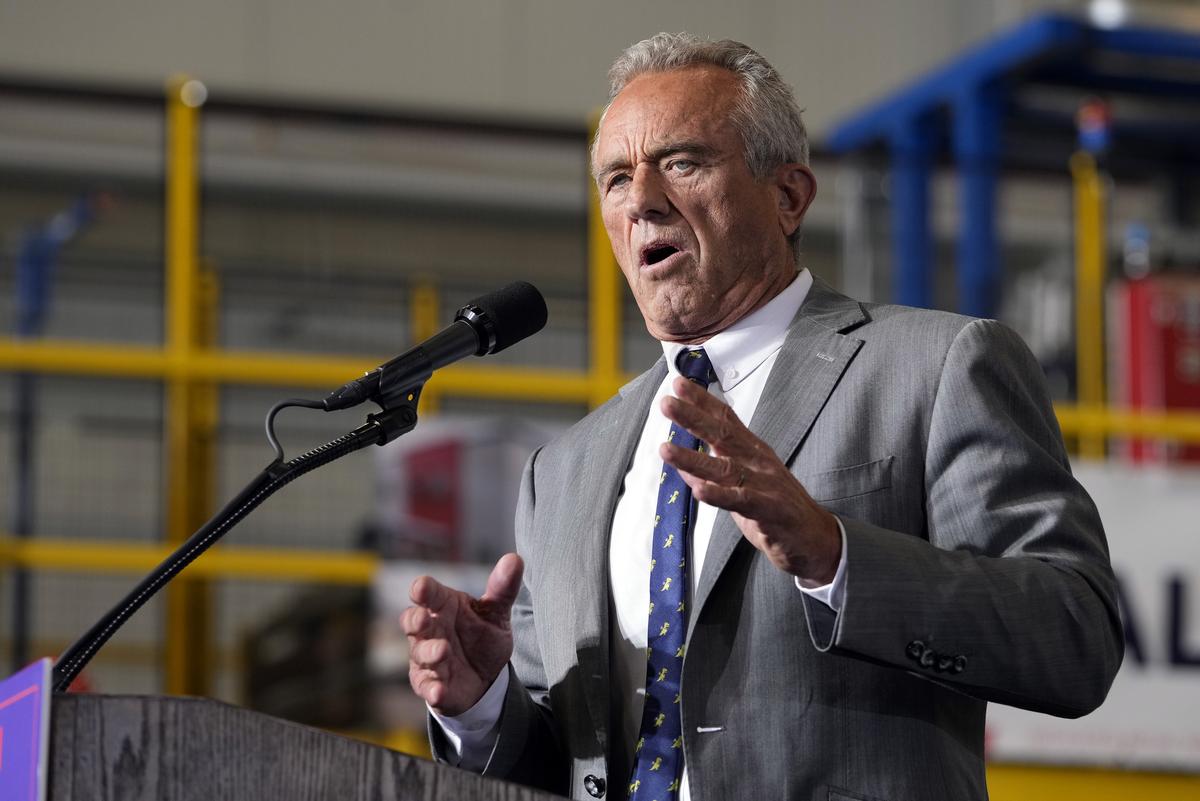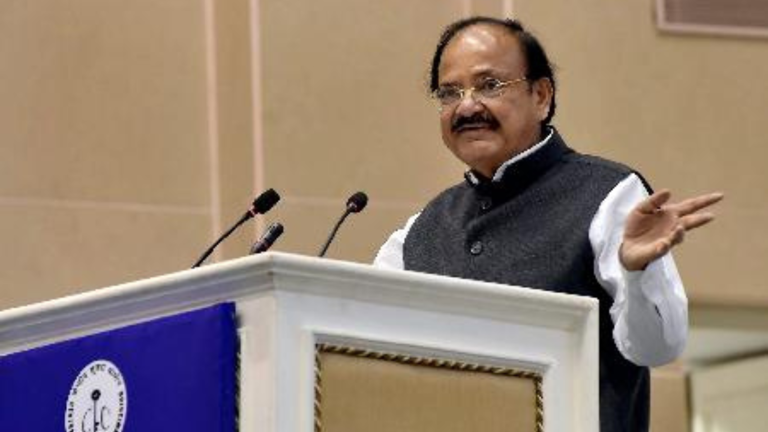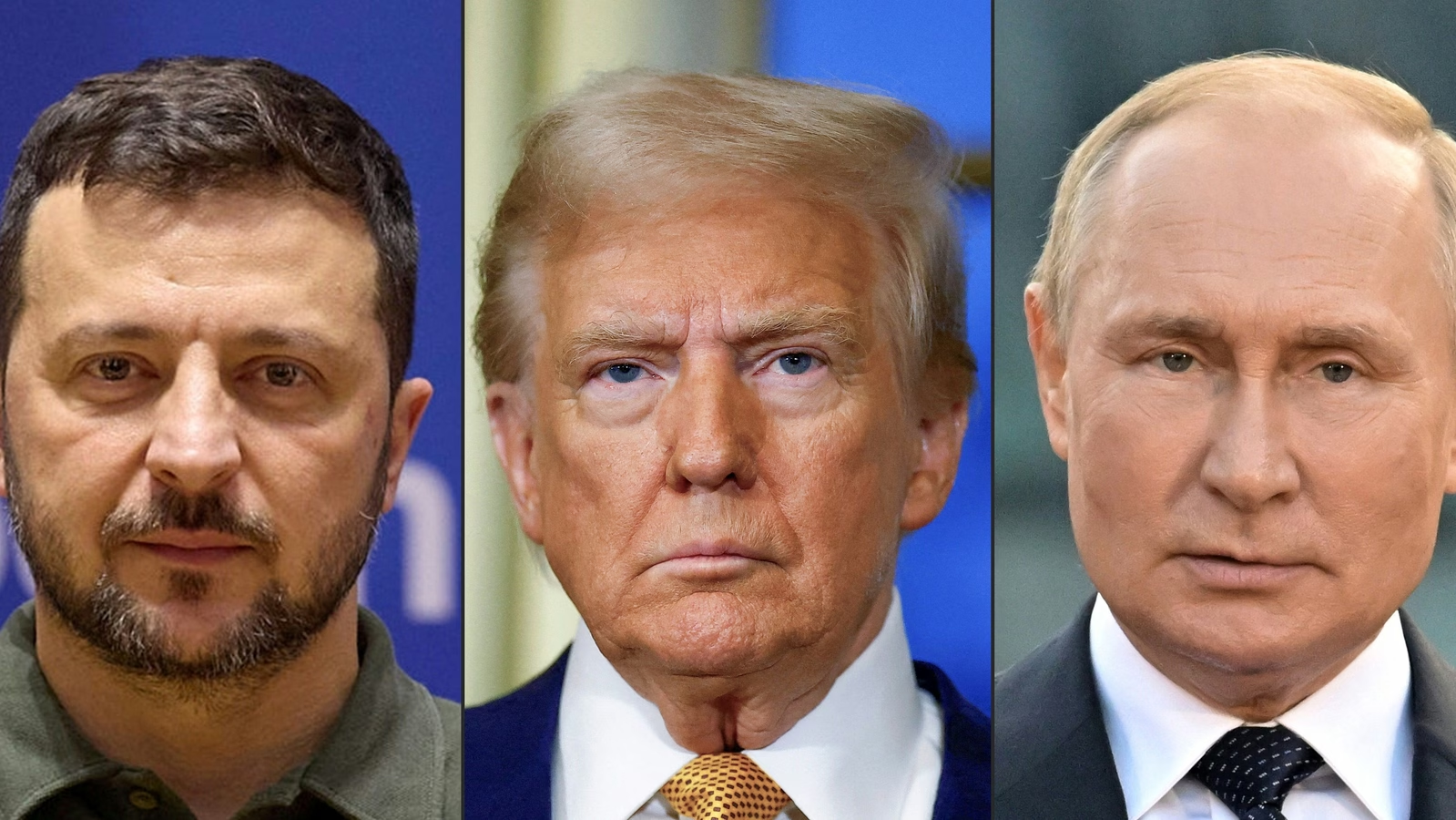
The discourse surrounding vaccine funding and public health policies has always been a topic of intense debate. Recently, the intersection of these issues with broader political visions has become increasingly evident, notably with RFK Jr’s efforts to cut vaccine funding and the overarching agenda promoted by former President Donald Trump. Both figures represent contrasting approaches to health policy and government intervention, yet their actions and rhetoric are now converging to spark widespread discussion.
In this article, we explore how RFK Jr’s stance on vaccine funding aligns or conflicts with Trump’s broader vision for government involvement, individual rights, and health legislation. We delve into the implications of these policies, their ideological underpinnings, and what this means for public health and political debate in the United States and beyond.
RFK Jr’s Vaccine Funding Cuts: A Shift Toward Skepticism and Decentralization
Robert F. Kennedy Jr., a prominent environmental lawyer and vaccine safety advocate, has emerged as a vocal critic of current immunization policies. His push to cut vaccine funding is rooted in concerns over vaccine safety, perceived overreach by federal agencies, and the influence of pharmaceutical companies. According to sources such as Al Jazeera, RFK Jr advocates for a re-evaluation of vaccine policies, emphasizing the importance of parental choice and transparency in vaccine ingredients.
His efforts involve advocating for reduced federal funding for vaccine programs, arguing that existing policies often prioritize vaccination at the expense of individual autonomy and informed consent. Among his propositions are:
- Reducing the scope of government-funded vaccine mandates
- Promoting alternative research into vaccine safety and efficacy
- Empowering states and local agencies to have greater control over immunization policies
This approach signifies a broader movement skeptical of centralized health policies that are perceived to limit personal freedoms. RFK Jr’s stance aligns with a growing segment of the population that questions vaccine safety claims and seeks more transparent, decentralized decision-making about immunizations.
Trump’s Vision: A Populist Approach to Health Policies
Former President Trump’s health policy vision has historically emphasized reducing federal intervention, promoting “America First” initiatives, and empowering states and individuals. His administration aimed to reduce regulation and promote free-market solutions to health care challenges, often framing vaccine mandates and federal funding as overreach.
During his tenure, Trump voiced skepticism about mandates and encouraged vaccine development through initiatives like Operation Warp Speed. However, he also emphasized personal choice, occasionally voicing concerns about vaccine safety and urging individuals to make their own decisions. According to Al Jazeera, Trump’s broader health philosophy centered on less government interference and greater parental or individual control over health decisions.
This approach resonates with RFK Jr’s advocacy for reducing government influence. Both figures seem to promote a vision wherein health choices are decentralized, and government programs are subject to scrutiny and potential limitation.
How Do RFK Jr’s Policies Fit Within Trump’s Broader Vision?
While RFK Jr and Trump operate in different arenas—one more grass-roots and activist-driven, the other rooted in political office—their commonality lies in a shared skepticism of large government intervention in health matters.
**Alignment in Ideology**:
– Both advocate for **more local control** over health policies.
– They emphasize **individual rights and freedoms** over mandated health interventions.
– Their narratives question the integrity and motives of pharmaceutical industries and government agencies.
**Divergence in Context and Strategy**:
– RFK Jr’s push focuses specifically on **vaccine funding and safety**, often emphasizing scientific transparency and parental choice.
– Trump’s broader health vision encompasses **reducing regulations** across multiple sectors, with health policies viewed as part of a larger effort to limit federal power.
However, their policies converge in their potential to **undermine federal vaccination programs**, possibly leading to decreased immunization coverage. This could have repercussions for herd immunity and public health metrics, sparking concern among health authorities.
Implications for Public Health and Controversies
The push to cut vaccine funding and alter vaccination policies is not just a political debate; it directly impacts public health outcomes. When government funding decreases or mandates are loosened, there is a tangible risk of **lower vaccination rates**, which could lead to the resurgence of preventable diseases like measles or mumps.
Critics argue that:
– These policies could undermine decades of progress in disease eradication.
– There is a danger of misinformation influencing health decisions.
– Vulnerable populations may become more at risk if vaccination coverage drops.
Supporters, on the other hand, contend that:
– These policies promote **personal liberty and informed choice**.
– They could lead to increased transparency and safety in vaccine development.
– Decentralization allows tailored approaches suited to local needs.
The debate energizes partisan lines, with public health experts warning against the politicization of vaccination and immunization policies. The discussions reveal underlying philosophical divides about the role of government in personal health.
The Future of Vaccine Policy: Navigating Between Autonomy and Public Health
Moving forward, the intersection of RFK Jr’s activism and Trump’s political philosophy raises essential questions:
– How can the government balance individual rights with collective safety?
– What safeguards are necessary to ensure that vaccine skepticism does not threaten public health?
– Can policies be designed that respect personal choice while maintaining herd immunity?
Policy experts advocate for a nuanced approach that combines:
– **Robust public education campaigns** to dispel misinformation.
– **Transparent communication** about vaccine safety and efficacy.
– **Flexible policies** that accommodate personal and community health needs without compromising public safety.
These strategies could help reconcile the ideological divides exemplified by RFK Jr and Trump’s visions, fostering a future where health policies are both effective and respectful of personal liberties.
Conclusion: A Critical Juncture in Health Policy Discourse
RFK Jr’s efforts to cut vaccine funding and Trump’s health policy approach exemplify a broader ideological shift towards skepticism of government-led health initiatives. While rooted in different motivations and strategies, both challenge the traditional paradigm of centrally mandated immunization programs.
The debate underscores the importance of transparent, evidence-based policymaking that considers both personal freedoms and collective well-being. As the discourse continues, it will be vital for health authorities, policymakers, and the public to navigate these complex issues with careful attention to scientific integrity and civil rights.
It remains to be seen how these ideological movements influence the future trajectory of health policies in the United States and worldwide. One thing is certain: the conversation about vaccine funding and government roles in health will continue to be a defining issue for years to come.
For more updated news please keep visiting Prime News World.








